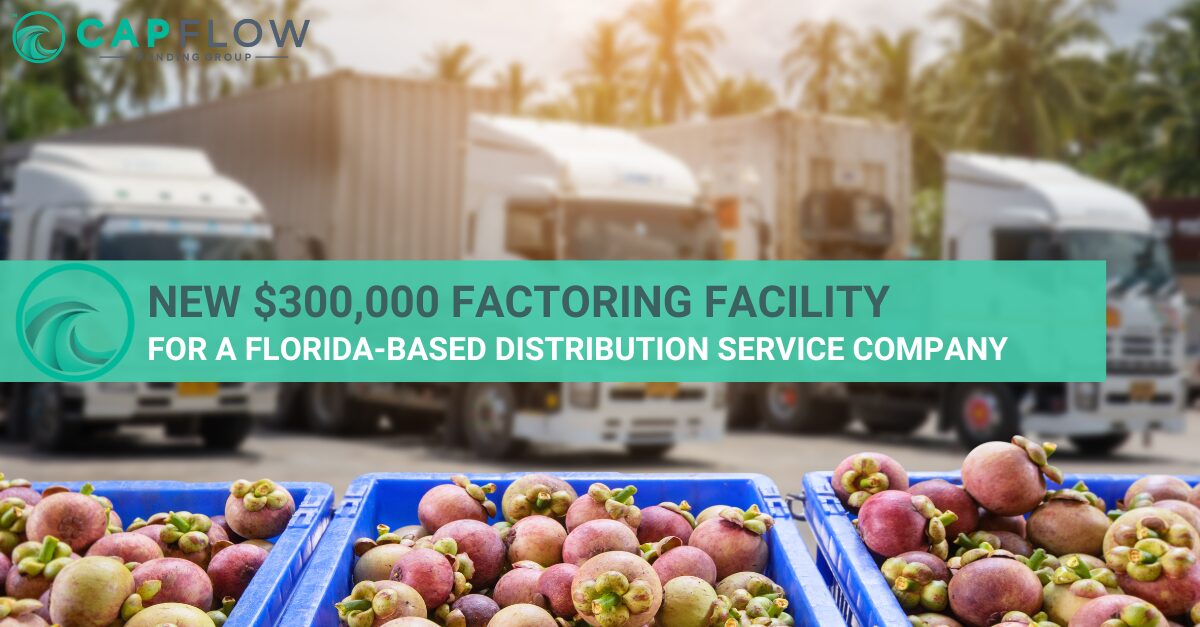For many businesses, especially those in the manufacturing and distribution sectors, managing working capital can be a challenging endeavor. This is where factoring steps in as a powerful financial tool. Factoring plays a pivotal role in empowering businesses to seize opportunities, fulfill purchase orders, and fuel growth.
The Basics of Factoring
Factoring is a financial arrangement where a business sells its accounts receivables to a third-party company, known as a factor, at a discounted rate. This provides the business with immediate cash, rather than waiting for clients to make payments on their outstanding invoices. Factoring serves as a rapid infusion of working capital, allowing businesses to meet their operational expenses, invest in growth opportunities, and take on larger orders.
Facilitating Large Orders with Invoice Factoring
One of the primary benefits of factoring is its ability to enable businesses to fulfill larger orders that may have otherwise been beyond their financial capacity. When a substantial order comes in, a business might not have the capital on hand to cover the production and delivery costs. Factoring bridges this gap by providing an immediate injection of funds, ensuring that the order can be processed without delay.
Reducing Financial Stress
Cash flow constraints can be a major source of stress for business owners. Late payments from clients can disrupt operations and hinder growth plans. Factoring alleviates this stress by providing a consistent and predictable cash flow stream. This allows businesses to operate with confidence, knowing they have the financial resources to meet their obligations and seize opportunities as they arise.
Enhancing Creditworthiness
Traditional lending institutions often scrutinize a business’s creditworthiness before extending loans or credit lines. Factoring is not a loan, but it can indirectly improve a company’s creditworthiness. By converting receivables into cash, businesses can pay off existing debts, invest in growth initiatives, and improve their financial health. This, in turn, can make them more appealing to traditional lenders for future credit needs.
Accelerating Business Cycles
Factoring accelerates the cash conversion cycle, which is the time it takes for a business to convert its investments in inventory and other resources into cash from sales. By expediting the collection of accounts receivables, businesses can reinvest that capital back into the business more quickly. This swift turnaround helps maintain momentum and ensures that businesses can adapt swiftly to market changes.
Expanding Market Reach
Factoring can be particularly beneficial for businesses looking to expand into new markets or industries. It provides the financial flexibility needed to explore and penetrate untapped territories. With a steady flow of working capital, businesses can allocate resources to market research, product development, and marketing efforts, ensuring a successful entry into new markets.
Invoice Factoring with CapFlow Funding
In the competitive world of business, adaptability and financial resilience are essential for growth. Factoring emerges as a powerful tool that empowers businesses to seize opportunities, fulfill orders, and navigate through challenges. By unlocking the value of accounts receivables, factoring provides the working capital needed to drive expansion and innovation. It’s not just a financial transaction; it’s a catalyst for growth, enabling businesses to realize their full potential. As businesses continue to evolve, factoring will undoubtedly remain a key player in their journey towards success. For invoice factoring needs visit our website and contact us today at: capflowfunding.com/contact/.



